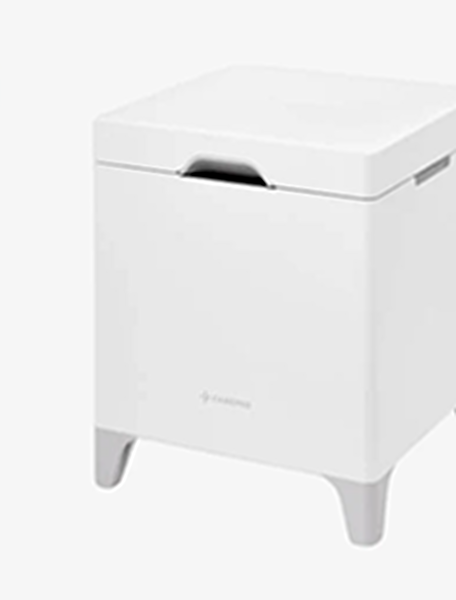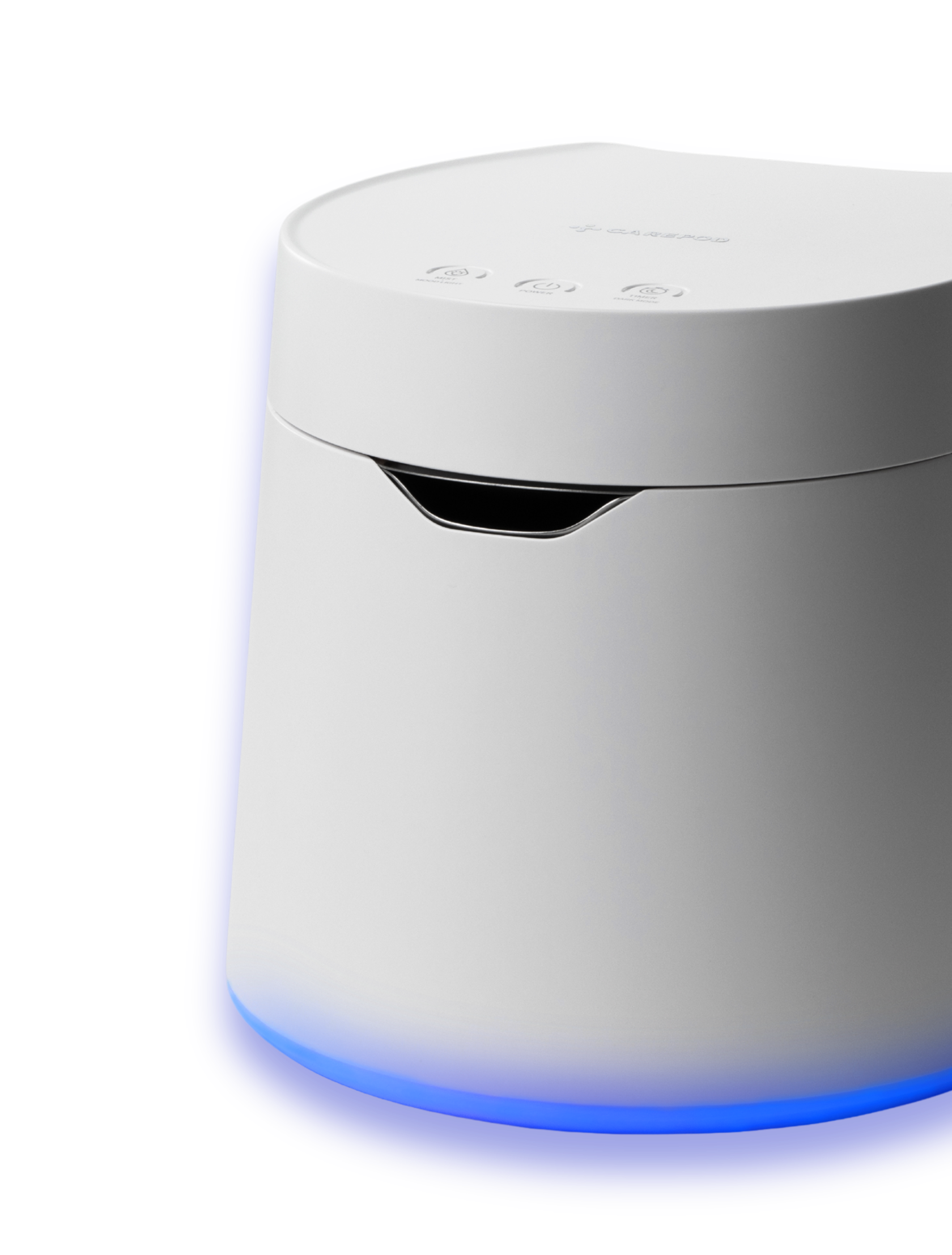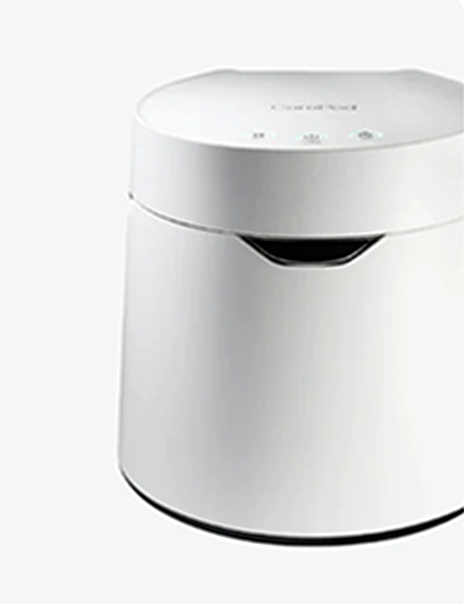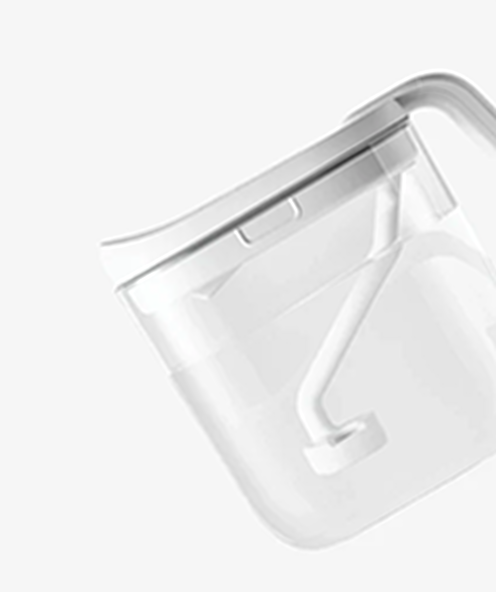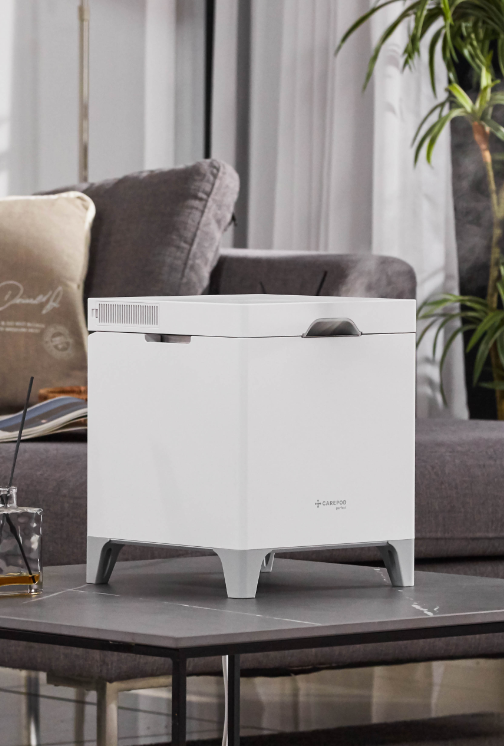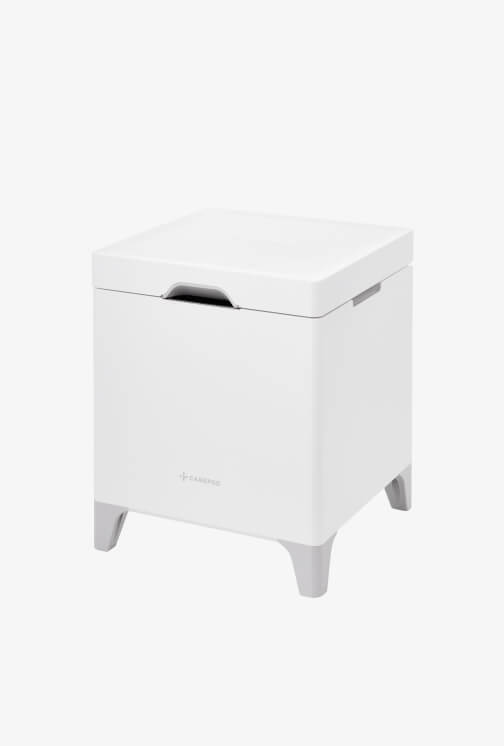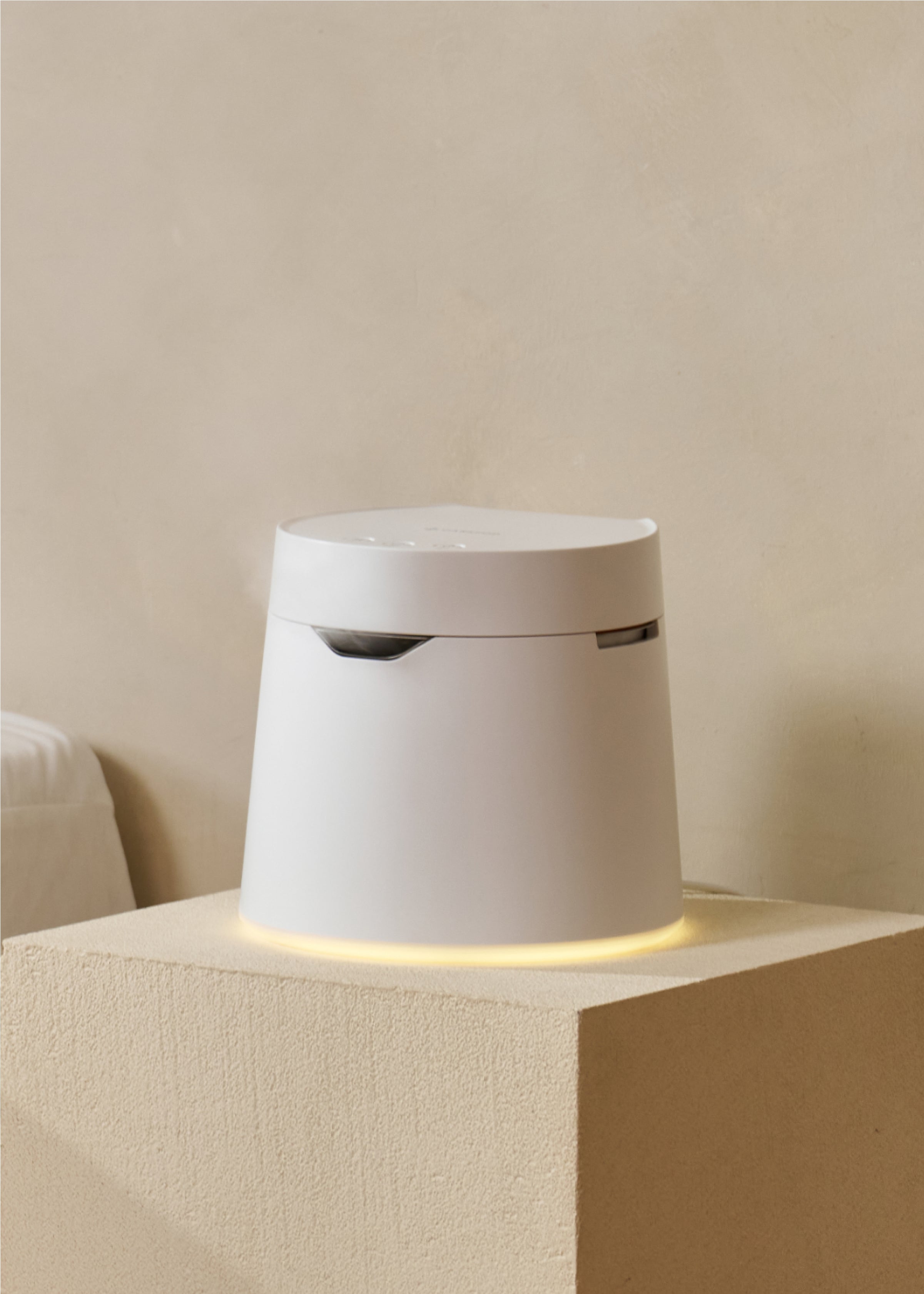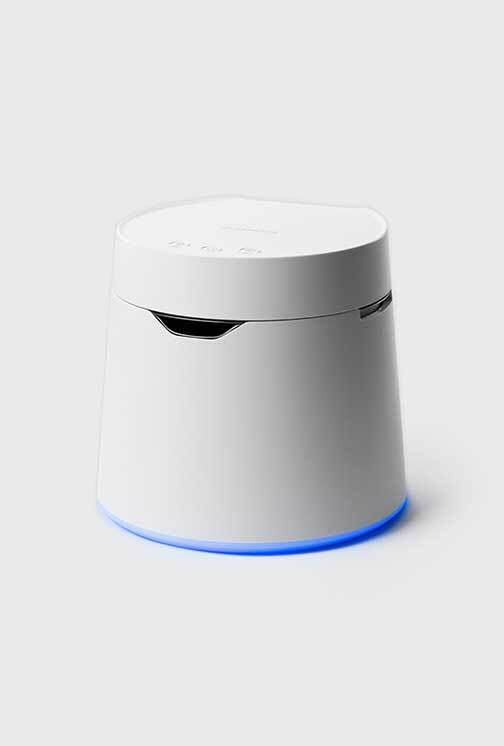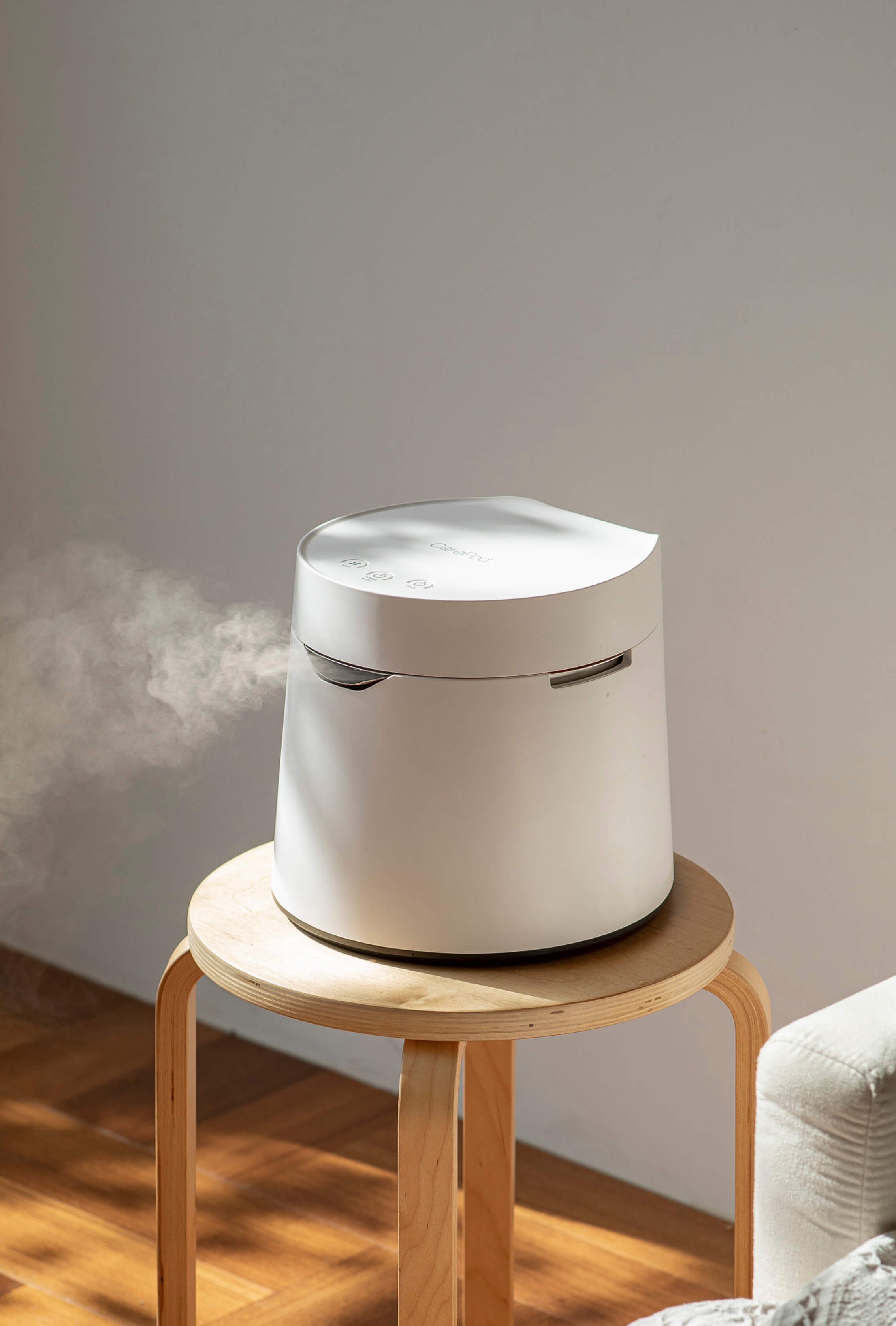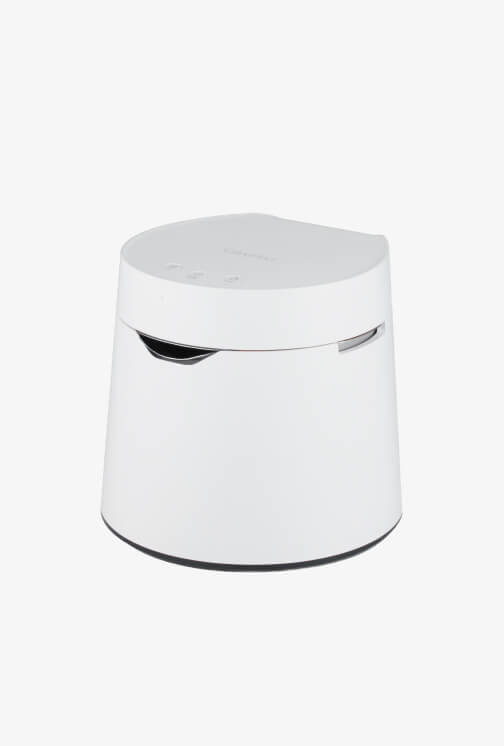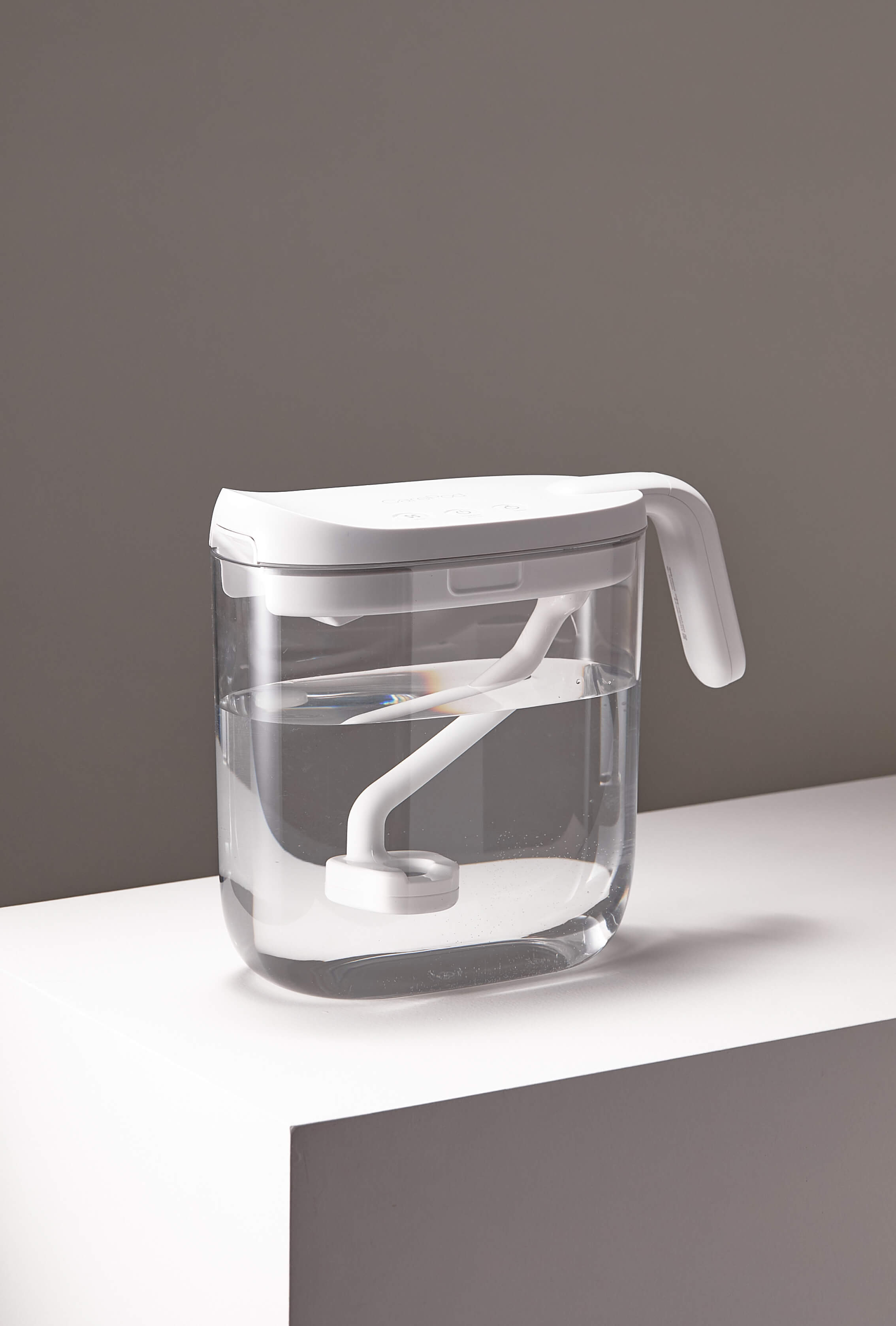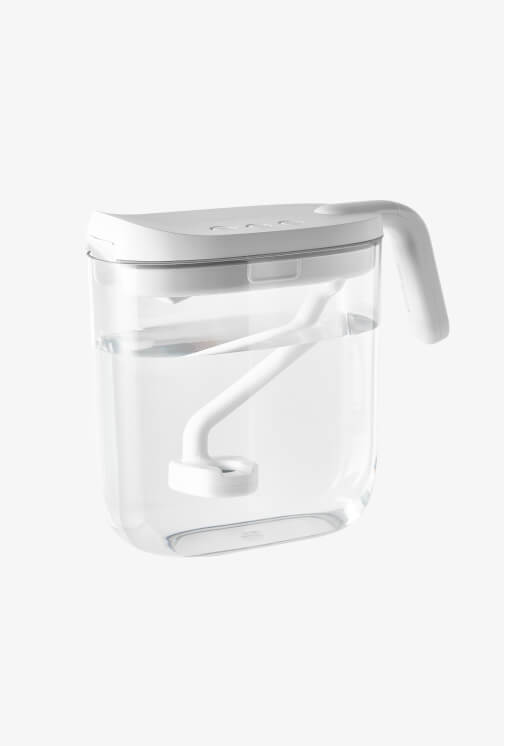Can Humidifiers Improve Air Quality?

Air quality plays a crucial role in overall health, yet many people don’t think about it until they start experiencing issues like allergies, respiratory irritation, or dry air discomfort.
For those living in regions prone to wildfires, pollution, or seasonal dryness, maintaining good indoor air quality becomes even more important.
With so many solutions available, finding the right one can sometimes feel overwhelming.
Understanding Humidifiers vs. Air Purifiers
While humidifiers and air purifiers are often mentioned together, they serve different purposes.
Air purifiers remove pollutants like dust, allergens, and smoke particles, while humidifiers add moisture to prevent dryness and irritation.
Though a humidifier won’t eliminate pollutants, it can still improve overall air quality in meaningful ways. Here’s how:

How Humidifiers Improve Air Quality
1. Helps Reduce Respiratory Irritation
One of the biggest effects of poor air quality is irritation of the respiratory system.
Poor air quality can aggravate symptoms of allergies, asthma, and other breathing conditions by drying out nasal passages, leading to inflammation, congestion, and irritation.
By adding moisture to the air, humidifiers help keep the respiratory system hydrated, making it easier to breathe and reducing discomfort caused by smoke, dust, and pollution.
2. Lowers the Spread of Airborne Particles
While humidifiers don’t remove particles like dust or smoke, research suggests that moderate humidity levels can reduce how far airborne pollutants travel.
Studies show that maintaining balanced humidity levels can cause certain airborne contaminants to settle more quickly, rather than lingering in the air.
This can be especially helpful in wildfire season, when fine particulate matter from smoke lingers in the air and worsens air quality.
A humidifier can help reduce the reach of airborne irritants, making indoor environments healthier and safer.

3. Supports a Healthier Immune System
Poor air quality isn’t just about external pollutants—it can also weaken your body’s natural defenses.
Airborne viruses and bacteria thrive in unstable humidity conditions, increasing the risk of respiratory infections.
A study in Proceedings of the National Academy of Sciences found that maintaining balanced humidity levels can promote the formation of ROS (Reactive Oxygen Species) , which help reduce virus viability in the air.
By preventing overly dry conditions, humidifiers create a more supportive environment for your immune system, making it easier to fend off airborne pathogens.
4. Reduces the Circulation of Indoor Pollutants
Indoor air pollution isn’t just about what comes from outside.
Dust, pet dander, and other household allergens accumulate in the air and settle on surfaces through daily activities like vacuuming, walking, or even adjusting furniture.
By maintaining a well-balanced indoor environment, humidifiers help reduce the circulation of airborne irritants, making them easier to trap through regular cleaning and filtration.
This contributes to better indoor air quality and a healthier living space, especially for those with allergies or sensitivities.

5. Prevents Damage to Your Home That Can Worsen Air Quality
Poor air quality also includes how your home environment contributes to those issues.
For example, fluctuating humidity levels can lead to increased dust generation from cracking wood and deteriorating furniture, while excessive dryness causes static electricity, which attracts and redistributes airborne particles.
By keeping humidity balanced, humidifiers help create a more stable and comfortable indoor environment—one where air quality isn’t negatively impacted by excessive dryness or pollutants.

Other Ways to Improve Indoor Air Quality
While humidifiers are an essential tool, they work best alongside other air quality solutions:
-
Use an air purifier: To remove pollutants like dust, smoke, and allergens.
-
Keep humidity levels balanced: Aim for 30-50% to prevent mold growth and respiratory discomfort.
-
Regularly clean surfaces: Dust, vacuum, and wash linens to reduce airborne irritants.
-
Improve ventilation: Open windows when outdoor air quality allows, or use exhaust fans to keep air fresh.
Conclusion
While humidifiers don’t clean the air, they do play a crucial role in supporting better air quality by reducing respiratory irritation, lowering the spread of airborne particles, and maintaining a healthier indoor environment.
If you’re experiencing dry air, allergies, or wildfire smoke-related discomfort, a high-quality humidifier can be a valuable tool in your air quality toolkit.
Pairing it with other solutions—like air purifiers and proper ventilation—will ensure the cleanest, healthiest air possible for you and your family.
